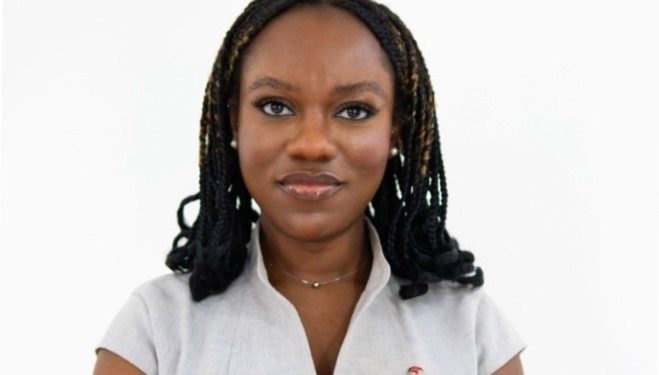Do you remember your secondary school mean girl? Yeah, she’s a grown-up now and chances are she has not relented. As much as we’d like to believe that mean girls grow up to become adults who see the error of their ways (like Regina George’s redemption arc of becoming a better person after getting hit by a bus in the movie Mean Girls) this isn’t always true.
Unfortunately, these bullying tactics aren’t always left behind in our younger years. The phenomenon of the ‘Mean Girl’ continues to exist into adulthood. It’s confusing to think that grown-ups engage in such petty and fruitless behaviour, but the truth is that the root causes of adult Mean Girl behaviour aka ‘agbaya behaviour’ can be complex. It is often driven by various factors that influence how women and girls interact with one another. From unresolved childhood insecurities to societal pressures and the need for power and control, there are various reasons why some women continue to engage in toxic behaviour long into adulthood.
Mean Girls derive satisfaction from asserting dominance over others and manipulating social dynamics to their advantage. This need for power may stem from a lack of control in other areas of their lives or unresolved childhood trauma. In addition to the need for power, Mean Girls can also be fueled by unresolved insecurities. Women who experienced rejection, bullying, or feelings of inadequacy in their formative years may continue to engage in Mean Girl behaviour in adulthood as a defence mechanism or a way to regain a sense of control over their own self-worth. Mean Girl behaviour can be a result of low self-esteem. Women and girls who struggle with their self-image may find it easier to tear others down rather than address their insecurities. By belittling others, Mean Girls attempt to elevate their sense of worth and deflect attention away from their own perceived flaws.
Mean Girl behaviour is not solely driven by individual personality flaws; it is also influenced by societal factors. Our patriarchal society often places pressure on women to conform to unreasonable beauty standards and gender roles. This pressure can create an environment where women feel the need to compete with one another for validation. Media portrayals of women also play a significant role in perpetuating Mean Girl behaviour.
Movies and television often depict toxic female relationships; think Blair Waldorf and her headband wearing Minions on the steps of the Met in Gossip Girl, Chanel Oberlin and the Chanels in Scream Queens, or Regina George and the Plastics in Mean Girls.
These portrayals and pop culture’s subsequent idolisation of these characters glamourise ‘Mean Girl’ behaviours and can influence girls and women to emulate them. Moreover, social media has drastically changed the landscape of female relationships. The constant exposure to carefully curated images and distorted narratives can lead to feelings of inadequacy and fuel unhealthy comparisons among women. The pressure to present a perfect image on social media can contribute to Mean Girl behaviour as women strive to assert their superiority and project a sense of confidence.
The impact of Mean Girl behaviour extends beyond individual experiences; it has significant consequences for society as a whole. For the victims of Mean Girl behaviour, the emotional and psychological toll can be devastating. Constant exposure to bullying, exclusion, and manipulation can lead to low self-esteem, anxiety and depression. As for societal effects, ‘Mean Girl’ behaviour fuels a toxic culture that undermines trust and collaboration amongst women. It creates an environment of competition and hostility, where women are pitted against each other instead of supporting one another. This not only hinders personal growth and development but also limits societal progress as it divides rather than unites women.
Dismantling Mean Girl culture requires individual and collective efforts. It starts with introspection as well as creating supportive environments that encourage collaboration and empower women. women need to champion kindness, understanding, and respect.
Together as women, we can create a society where ‘Mean Girl’ behaviour becomes a thing of the past, and we can uplift and support one another on our shared paths toward personal growth and professional success.


